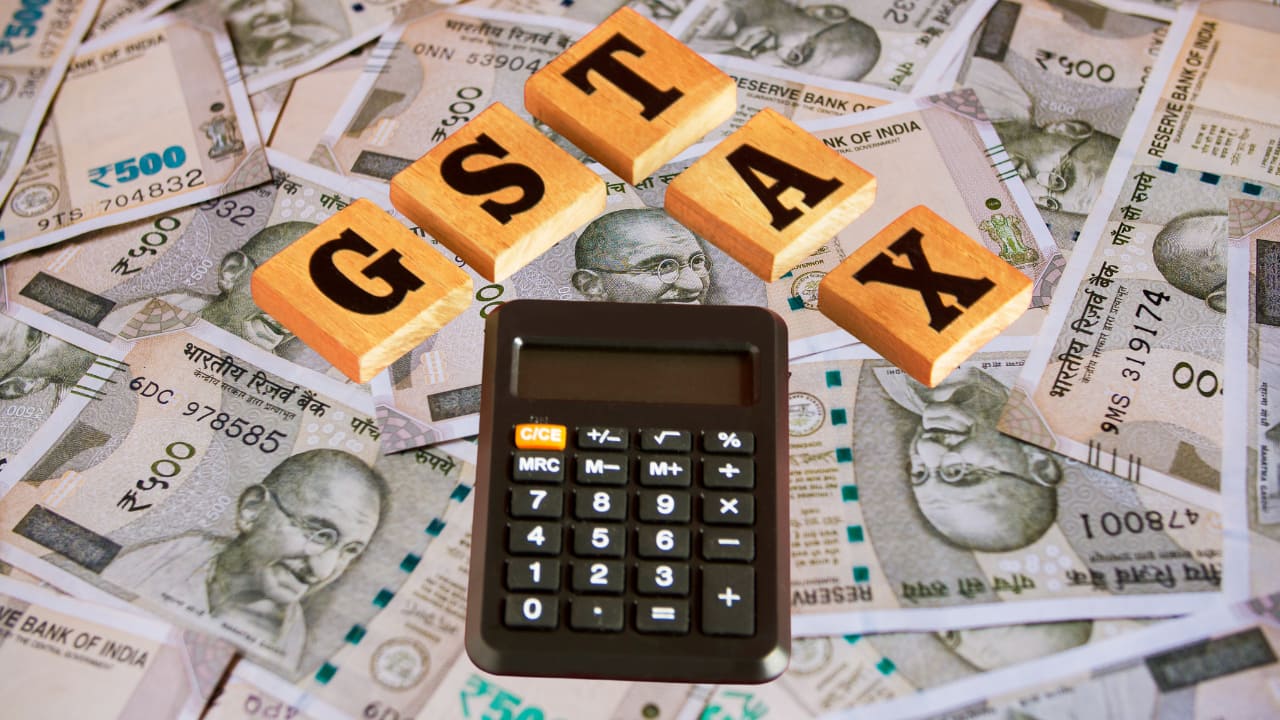




Goods and Services Tax (GST)
The Goods and Services Tax (GST) is a type of indirect tax levied on the supply of goods and services in India that combined multiple indirect taxes such as VAT, service tax, excise duty, and others,
...Read moreNews
Insurance stocks eye Amendment Bill as next re-rating trigger
With GST changes creating both winners and laggards, insurers are now looking to the Insurance Amendment Bill as the next major trigger for sector-wide re-rating
Videos
Photos
GST FAQs
What is GST?
GST stands for Goods and Services Tax. It is a comprehensive indirect tax on the supply of goods and services across India, introduced to replace multiple previous taxes like VAT, service tax, and excise duty. It is multi-stage and destination-based, meaning the tax is collected at the point of consumption, not production.
What is Input Tax Credit (ITC)?
Input Tax Credit allows businesses to reduce the GST they owe by claiming credit for the GST they have already paid on purchases and inputs. This ensures that tax is charged only on the value added at each stage, avoiding the cascading effect of taxes.
Who needs to register for GST?
Registration is mandatory for businesses whose turnover exceeds Rs 40 lakh for goods or Rs 20 lakh for services. Certain categories, such as e-commerce operators, inter-state suppliers, and non-residents, must register regardless of turnover.
What is the full form of GST?
The full form of GST is Goods and Services Tax. It is a single, unified indirect tax levied on the supply of goods and services in India, replacing multiple earlier taxes like VAT, service tax, and excise duty.
What is the meaning of GST?
GST is the short form of - Goods and Services Tax. It is a single, unified indirect tax that applies to the supply of goods and services across India.






